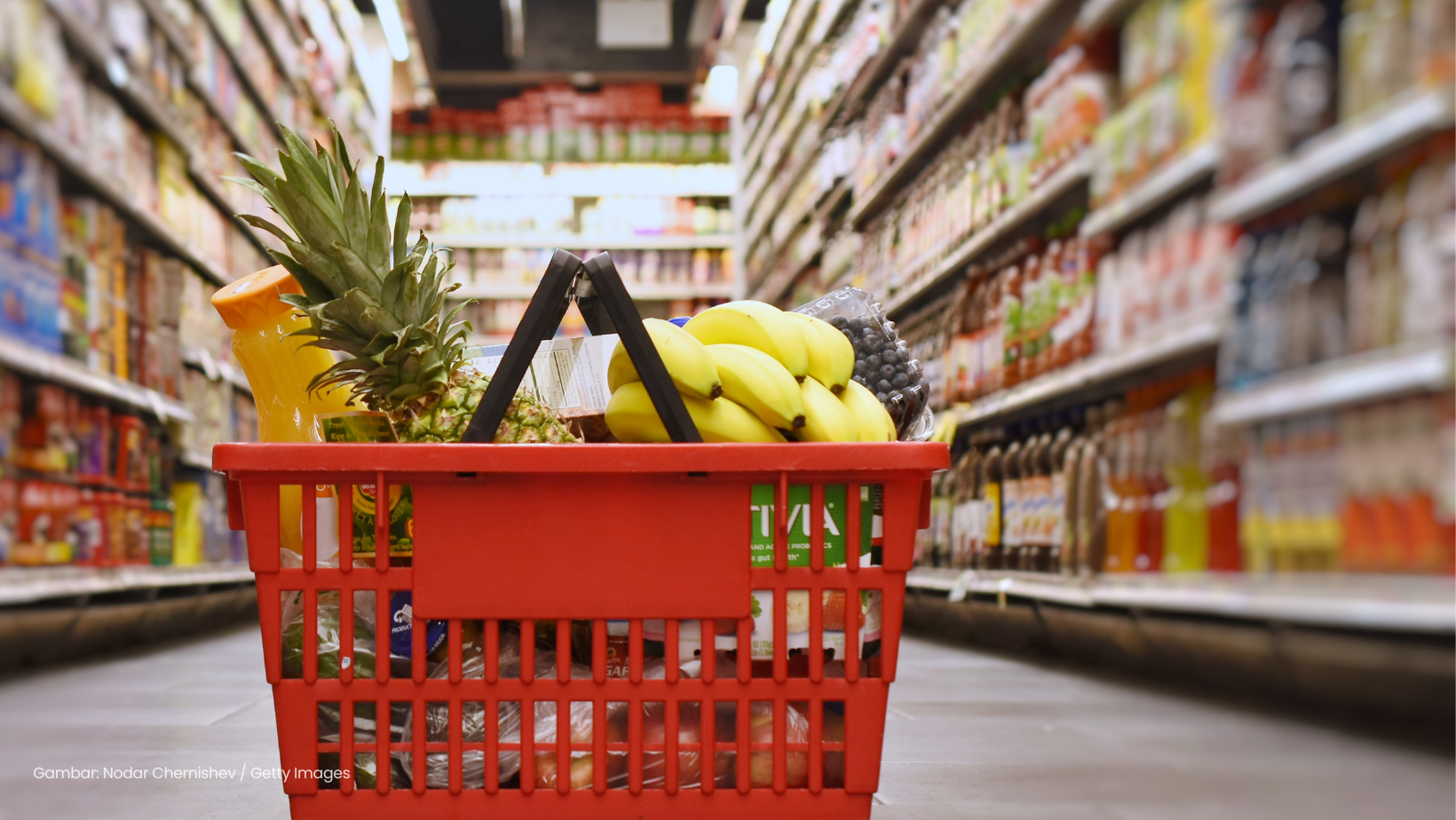
The Halal market is experiencing remarkable growth, with a projected compound annual growth rate (CAGR) of 9.33% from 2024 to 2030, as reported by Research and Markets. According to Datuk Seri Mohamad Sabu, Malaysia’s Agriculture and Food Security Minister, Malaysia’s halal industry has already exported processed food products to over 150 countries, serving 1.8 billion Muslims.This shows that Halal products, which follow Islamic guidelines, are becoming popular with all kinds of consumers, not just Muslims.
What makes Halal products more appealing to non-Muslims? Halal products are known for these characteristics:
Guaranteed quality
Halal products are made with a lot of care. Hence, it can appeal to non-Muslims due to its consideration of enhanced quality throughout the production process. From getting the ingredients to packing them, every part of the process is checked to make sure it follows Halal guidelines. This means consumers can trust that the products are really of good quality.
They come from ethical sources
Islamic teachings stress being open and truthful in business, and this carries over to Halal practices too. It means being clear about what’s in a product and how it’s made. For example, a clothing brand that outsources its production to a factory in a developing country where child labor laws are not strictly enforced is an unethical practice. Anyone who cares about where a product comes from will be against brands that support unethical practices such as violating human rights.
Provide health benefits
According to research by JDMHI on “What non-Muslims say about halal-certified products?” a product appeals to non-Muslims when it is clean and good for their health. Also, Halal food rules often mean healthier ingredients and cooking methods, which can help people stay healthy. Hence, non-Muslims who care about their health will prefer to choose Halal products.
Enhanced safety standards
The same research also found that non-Muslims preferred Halal products because they saw them as easy to find and safe. Halal certification means products have to meet really high safety standards, like being super clean and preventing contamination. This makes people feel confident that Halal products are checked thoroughly and follow all the rules.
How can you know the product is 100% Halal?
To determine whether a product is truly Halal, consumers should look for Halal logos or certifications on the packaging. These logos indicate that the product has undergone certification by a recognized Halal certification authority, ensuring that it complies with Islamic dietary laws and ethical standards.
Additionally, consumers can refer to official lists of Halal-certified products provided by reputable organizations or consult with religious authorities for guidance. By verifying the presence of Halal logos or certifications, consumers can make informed choices and have confidence in the Halal status of the products they purchase.
Importance of Halal Certifications
With Halal certification, consumers can ensures purity, accuracy of ingredients, and third-party oversight, addressing concerns about food safety and quality. Also, non-Muslims value Halal certifications because they show that products meet strict standards for purity and safety. These certifications mean the production process is honest and clear, which appeals to anyone looking for top-quality products. So, even people who aren’t Muslim are interested in Halal-certified goods because they know they’re getting something trustworthy.
Overcoming Challenges
While the Halal food sector traditionally catered to Muslim consumers, there is a growing opportunity to reach non-Muslim markets. However, due to the growing trend of Halal industry, halal food companies face complacency due to being happy with their profitability, according to Salaam Gateway,
In order to attract non Muslims, it is also important to avoid technical jargons such as using foreign Arabic terms that brings more confusion to them.
In simple terms, when Halal products emphasize things like purity, doing the right thing, and being good quality, they can attract more people to buy them, not just Muslims. This way of marketing can help companies reach more customers and grow in the food industry, which is becoming more varied.




